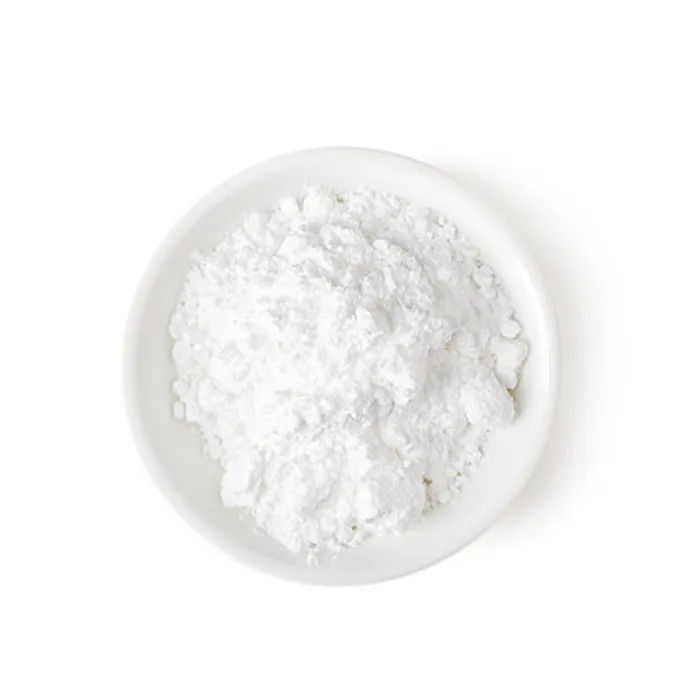The Significance of Chemical Treatment in Sludge Management
Sludge management has become an increasingly crucial aspect of environmental science and wastewater treatment processes. The accumulation of sludge, a byproduct of wastewater treatment, poses significant challenges, including its disposal and potential environmental impact. To effectively address these challenges, the application of treatment chemicals has emerged as a vital solution, enhancing the efficiency and efficacy of sludge processing.
Sludge is primarily composed of organic matter, water, and inorganic solids. It can originate from various sources, such as municipal wastewater treatment plants, industrial processes, and agricultural runoff. As environmental regulations become more stringent, the need for effective sludge treatment has never been more apparent. Chemical treatment methods offer several advantages, including improved dewaterability, pathogen reduction, and stabilization of organic material.
The Significance of Chemical Treatment in Sludge Management
Another important class of chemicals in sludge treatment is coagulants, such as alum or ferric chloride. These substances help neutralize the charges on suspended particles, facilitating their aggregation and settling. The use of coagulants can lead to improved solid-liquid separation, resulting in a clearer supernatant and a more concentrated sludge cake. This improved separation is crucial for optimizing the overall performance of wastewater treatment facilities.
sludge treatment chemicals

Additionally, chemical oxidation agents, like hydrogen peroxide or potassium permanganate, play a significant role in sludge treatment. These chemicals can aid in the breakdown of organic contaminants and pathogens present in the sludge. The oxidative treatment not only reduces the volume and mass of sludge but also enhances its safety for land application or disposal. By effectively reducing pathogens, these treatments help mitigate public health risks associated with sludge management.
Furthermore, lime stabilization is a widely adopted method that involves the addition of lime (calcium hydroxide) to sludge. This chemical treatment raises the pH level, creating an unfavorable environment for pathogens and stabilizing organic matter. Lime stabilization not only reduces the volume of sludge but also results in a product that is less odorous and more suitable for land application, such as soil amendment or agricultural use.
The application of these chemicals not only improves the physical and biological characteristics of sludge but also aligns with environmental sustainability goals. By enhancing the treatment process, chemicals contribute to the reduction of landfilling sludge, minimizing environmental impacts such as leachate generation and greenhouse gas emissions. Moreover, treated sludge can often be repurposed for beneficial uses, reducing waste and promoting resource recovery.
However, it is essential to approach chemical sludge treatment with caution, considering the potential environmental impacts of the chemicals used. The choice of treatment chemicals should be guided by thorough assessments of their efficacy, safety, and environmental implications. Continuous monitoring and research are necessary to develop innovative and sustainable chemical treatments that minimize any adverse effects while maximizing treatment efficiency.
In conclusion, chemical treatment plays an indispensable role in modern sludge management practices. By employing various treatment chemicals, wastewater treatment facilities can enhance the dewatering, stabilization, and pathogen reduction processes, leading to more effective sludge management solutions. As the demand for sustainable wastewater treatment continues to grow, advancing chemical treatment technologies will be crucial in addressing the challenges posed by sludge production and ensuring environmental protection. The integration of effective chemical treatments not only facilitates better sludge management but also contributes to a more sustainable and circular economy.

